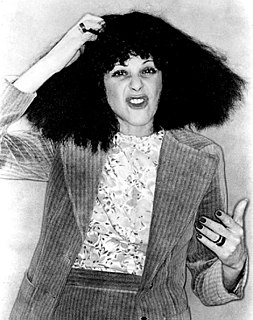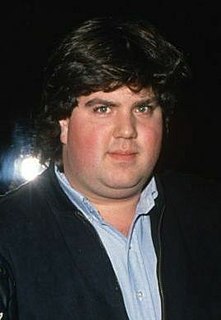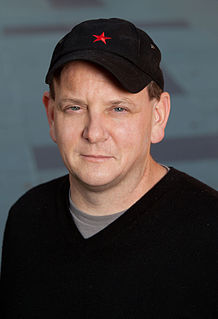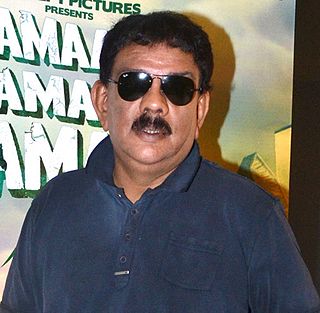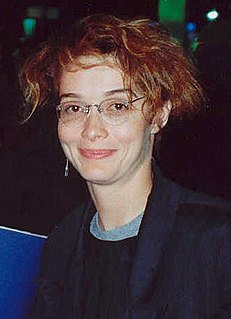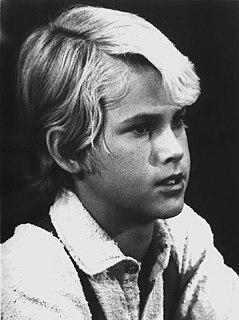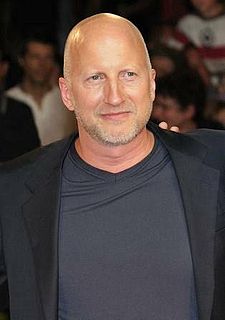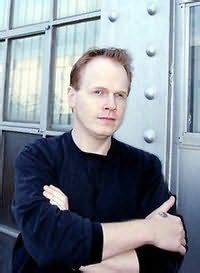A Quote by Barry Eisler
The fundamental difficulty that most novelists face when they are trying to adapt their own book into a screenplay is realizing that a screenplay is a completely different way of storytelling, and it has limitations.
Related Quotes
Hollywood is a showman's paradise. But showmen make nothing; they exploit what someone else has made. The publisher and the play producer are showmen too; but they exploit what is already made. The showmen of Hollywood control the making - and thereby degrade it. For the basic art of motion pictures is the screenplay; it is fundamental, without it there is nothing. Everything derives from the screenplay, and most of that which derives is an applied skill which, however adept, is artistically not in the same class with the creation of a screenplay.
We now live in a world both in film and television where everything is based on something. You point out, "Star Wars" was an original screenplay, "Raiders of the Lost Ark," an original screenplay, "Ghostbusters" an original screenplay, "Back to the Future." All these things that people love were original ideas many years ago.
Well, I kind of approach both of them similarly in (that) I always see it as a movie first because that's my background. Cindy Kelley, who has been my writing partner on my novels, she works more on the prose side and the description side of the storytelling because, obviously, there's a lot more of that in a novel than in a screenplay. You only have up to 120 pages in a screenplay.




